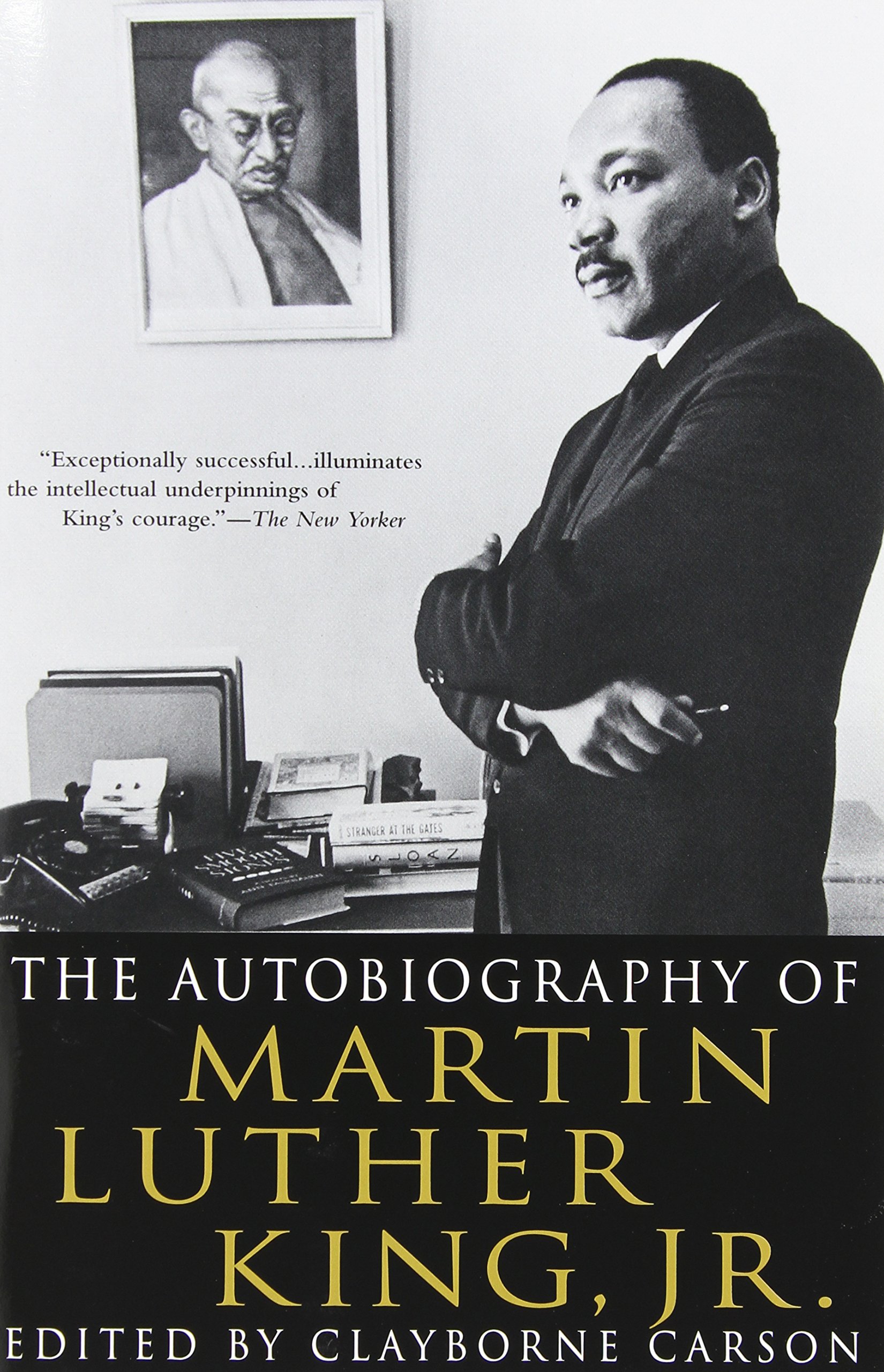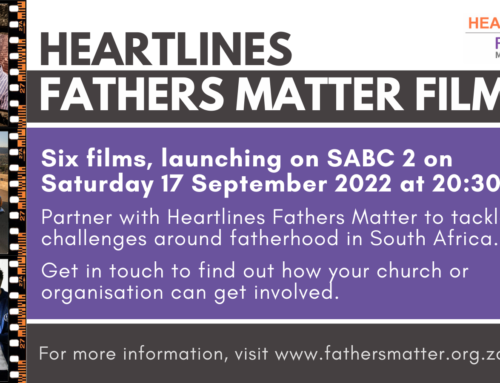i have wanted to read some Martin Luther King, Jr. for the longest time.
So when tbV gave me ‘The Autobiography of Martin Luther King, Jr. edited by Clayborn Carson’ as part of our Christmas book exchange i was super stoked.
My serious journey towards becoming conscientised [an ongoing work, by the way] began largely in America when i lived there for three years and i saw [and still see] so much overlap between the two countries even though there is so much difference as well. But reading Martin Luther King’s words and seeing some of his thinking [i am about halfway through] has been so inspiring and challenging in terms of trying to understand the present situation in South Africa.
Just as i feel all South Africans would do well to work through a copy of the Robert Sobukwe story, ‘How can man die better?’ and Steve Biko’s ‘I Write what I like’ before claiming to have even begun to enter an understanding of South Africa’s story, so this Martin Luther King Autobiography should be strongly recommended reading, as his pursuit for nonviolent resistance in the face of violence has so much to teach us…
Here are some of the extracts or passages that stood out for me as a means of whetting your appetite and having you seriously considering getting hold of this or one of his other books:
= = = = = = = = =
This one. In the fewest of words Martin Luther King, Jr. manages to unpack such a huge and obvious truth.
‘Segregation is still a fact. Now it might be true that old man segregation is on its deathbed. But history has proven that social systems have a great last-minute breathing power. And the guardians of the status-quo are always on hand with their oxygen tents to keep the old order alive.’ [Martin Luther King, Jr.]
We see it in the defensiveness on social media every day and it plays out in real-world actions and conversations as well. It also balances nicely with the idea that ‘If privilege is all you have ever experienced then equality feels like oppression.’
= = = = = = = = =
This passage moved me deeply and made me question what are the issues and struggles that we are willing to fight for or against despite whether we ever benefit from the results or not.
During the post-Rosa Parks bus boycott:
‘Despite this success, so profoundly had the spirit of the protest become a part of the people’s lived that sometimes they even preferred to walk when a ride was available. The act of walking, for many, had become of symbolic importance.
Once a pool driver stopped beside an elderly woman who was trudging along with obvious difficulty.
“Jump in, Grandmother,” he said. “You don’t need to walk.”
She waved him on. “I’m not walking for myself,” she explained. “I’m walking for my children and my grandchildren.” And she continued toward home on foot.’
The Chinese proverb: ‘The best time to plant a tree was 20 years ago, the second best time is today.’ speaks to me about this idea of creating a better world for those who will follow.
= = = = = = = = =
Speaking of the great overlap, does this ring any bells?
‘Moreover the prime minister (of India ) said, if two applicants compete for entrance into a college or university, one of the applicants being an untouchable and the other of high caste, the school is required to accept the untouchable.
Professor Lawrence Reddick, who was with me during the interview, asked: “But isn’t that discrimination?”
“Well, it may be, “the prime minister answered. “But this is our way of atoning for the centuries of injustices we have inflicted upon these people.”‘
A lot of the commentary on BEE and Affirmative Action [which it seems has laregly not been carried out in the way it was meant to] seems to speak of this and any claims of ‘Reverse Racism’. When one’s privileges and special rights are taken away so that others can have a shot of equality or a chance at the things you formely had with ease, how complicated is that, really?
= = = = = = = = =
i absolutely love this idea of ‘the beloved community’:
‘The aftermath of nonviolence is the creation of the beloved community, so that when the battle is over, a new relationship comes into being between the oppressed and the oppressor.’ [Martin Luther King, Jr.]
The idea is not that black people are lifted up at the expense of white people – although given their treatment it would make a lot of sense if it was – but that we look to create a society where everyone thrives together. Africa’s ‘Umuntu Ngumuntu Ngabantu’ speaks to that – i am a person through people.
Can you tell why i am so excited while reading this book?
= = = = = = = = =
This is quite a sobering passage but i hear a similar sentiment often. The Steve Hofmeyers of the world are often a lot easier to face because you know where you stand with them. What tricky is when you come across opposition dressed as friendship or comradeship:
“First, I must confess that over the past few years I have been gravely disappointed with the white moderate. I have almost reached the regrettable conclusion that the Negro’s great stumbling block in his stride toward freedom is not the White Citizen’s Councilor or the Ku Klux Klanner, but the white moderate, who is more devoted to “order” than to justice; who prefers a negative peace which is the absence of tension to a positive peace which is the presence of justice; who constantly says: “I agree with you in the goal you seek, but I cannot agree with your methods of direct action”; who paternalistically believes he can set the timetable for another man’s freedom; who lives by a mythical concept of time and who constantly advises the Negro to wait for a “more convenient season.” Shallow understanding from people of good will is more frustrating than absolute misunderstanding from people of ill will. Lukewarm acceptance is much more bewildering than outright rejection.”
= = = = = = = = =
This one is just for my friend Ashley Visagie, who is one of the people who has caused me to have my eyes a lot more open to capitalism and how it works for those it works for on the backs of those it doesn’t work for:
‘I imagine you already know that I am much more socialistic in my economic theory than capitalistic. And yet I am not so opposed to capitalism that I have failed to see its relative merits. It started out with a noble and high motive, viz., to block the trade monopolies of nobles, but like most human systems it fell victim to the very thing it was revolting against.
So today capitalism has out-lived its usefulness. It has brought about a system that takes necessities from the masses to give luxuries to the classes. So I think Bellamy is right in seeing the gradual decline of capitalism.’
= = = = = = = = =
Finally this piece from Martin Luther King, Jr’s encounter with the teachings of Gandhi. A seemingly subtle distinction in one sense between ‘nonresistance to evil’ and ‘nonviolent resistance to evil’ but actually two philosophies that are world’s apart:
“At first, Niebuhr’s critique of pacifism left me in a state of confusion. As I continued to read, however, I came to see more and more the shortcomings of his position. For instance, many of his statements revealed that he interpreted pacifism as a sort of passive nonresistance to evil expressing naive trust in the power of love. But this was a serious distortion. My study of Gandhi convinced me that true pacifism is not nonresistance to evil, but nonviolent resistance to evil. Between the two positions, there is a world of difference.
Gandhi resisted evil with as much vigor and power as the violent resister, but he resisted with love instead of hate. True pacifism is not unrealistic submission to evil power, as Niebuhr contends. It is rather a courageous confrontation of evil by the power of love, in the faith that it is better to be the recipient of violence than the inflicter of it, since the latter only multiplies the existence of violence and bitterness in the universe, while the former may develop a sense of shame in the opponent, and thereby bring about a transformation and change of heart.’
= = = = = = = = =
i hope you have been as challenged and inspired as i have – well not as much cos you’re not reading the book [Go and read the book!] but hopefully that’s given you a window into a life and philosophy and walk and thinking that has much to still teach us today.
The purpose of me sharing some extracts of the book is not to leave you satisfied that you have an understanding of the book, but hopefully to leave you inspired and wanting for more.
Get yourself a copy of this book or some of the other writings of Martin Luther King, Jr. and see how much there is for you to learn.







[…] familiar? i am busy reading ‘The Autobiography of Martin Luther King, Jr.’ and so that has been influencing me quite a […]